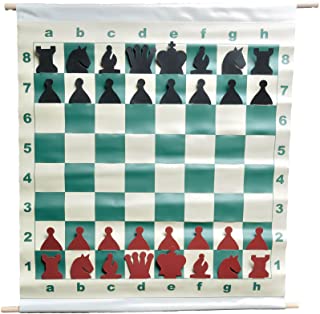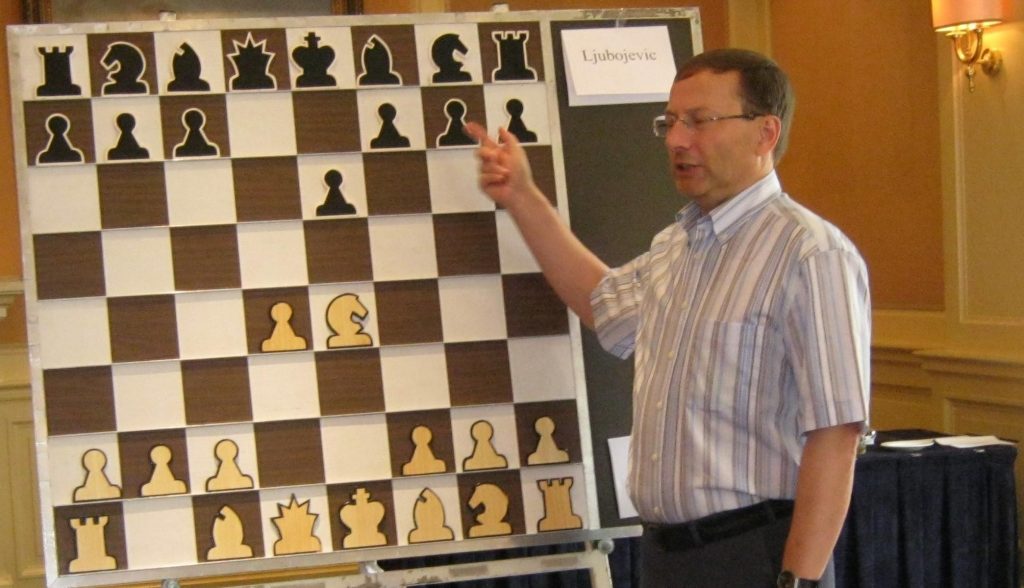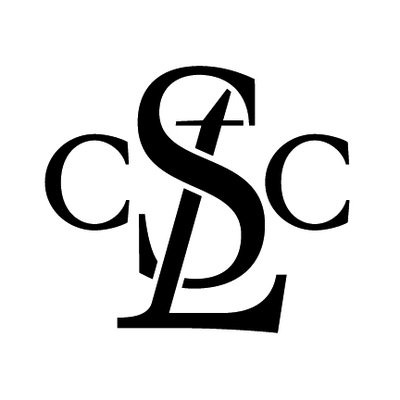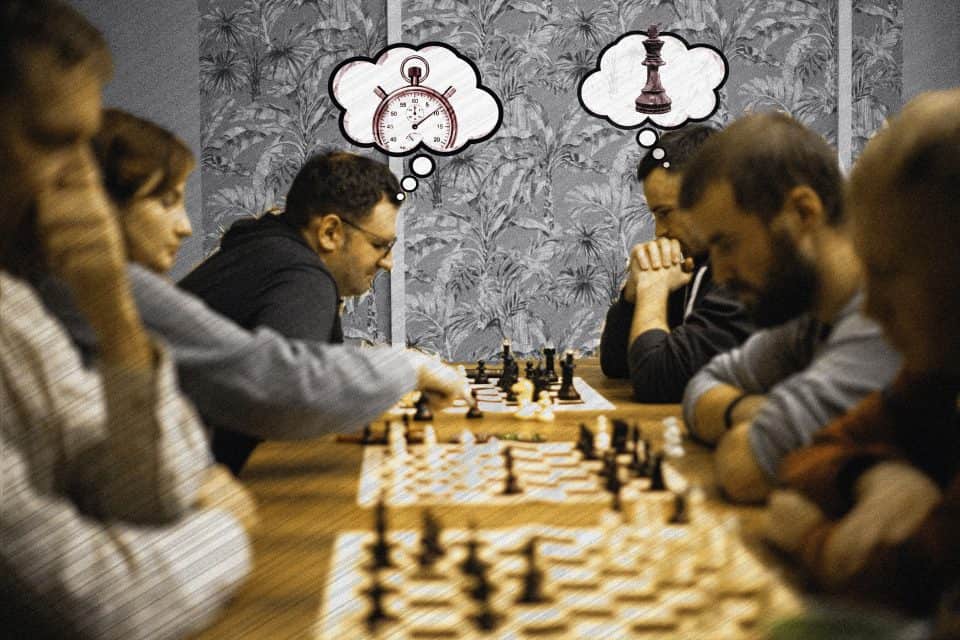The entire essence of chess depends on having someone to play with. There can be no chess game without an opponent, whether human or computer.
Most of us prefer to play against humans, and while having someone to play with is cool, having each other as a group is far better.
Starting a chess club is a great way to enjoy your games in the midst of others. This post is written to guide you with 5 tips to start your own chess club.
1. Secure a Rendezvous Point

A physical chess club must have a location where the club members gather to test each other’s strengths on the board and perform other activities.
In addition, this location must be spacious enough to accommodate several tables and seats, for this furniture is greatly affiliated with chess.
The rendezvous point should also be quiet enough because noise disrupts the concentration of chess players.
Finally, keep a growing membership in mind when choosing a venue, so you won’t have to keep switching venues with a rising population.
2. Get Some Chess Materials To Start a Chess Club
While some club players possess personal chess sets for private studies, it is best practice for club administrators to research chess sets and clocks for group practices at the club.
A standard chess club should also have a demonstration board for good teaching practice.

Many chess players might not have the discipline to study effectively independently. Hence, they depend on group study to improve their gameplay. A standard chess club should have access to chess software to help with improved chess training.
For instance, puzzle-solving on chess software can help players improve. Using chess engines to analyze positions will also help club players improve.
Chess books (like these ones) can also be a good asset to a chess club.
3. Appoint Tutors

There’s no doubt that some players might be significantly or slightly stronger than the rest in some chess clubs. Therefore, the stronger players can step up and share their knowledge with other players.
On the other hand, a strong external player, preferably titled, can occasionally be invited to train the club players. If you’re going to start a chess club, then chess players hungry to improve need to see that there’s a factor that is in sync with their goal.
4. Construct an Activity Schedule
To start a chess club, one must be organized, and this is a great practice among chess players.
Always consider the availability of your club players when you’re about to start a chess club. If the active days of the club are convenient for the chess players, that will be excellent.

Don’t forget about the active hours. Chess is fun and addictive, but people will always have other matters.
So, consider the timing too. Some clubs operate at mid-day, while others operate in the evenings.
5. Brand and Promote It
Certainly, you’ll have to give your new chess club a name.
Some of the most popular chess clubs have names like St Louis Chess Club, Marshall Chess Club, etc.
You can name your club after the city, the town, the street, or anything appealing. There’s also the need to create a logo to represent the club.

The last stage of starting a chess club is vast advertisement. Other chess players that might not be founders of the club should be aware of the new development.
You could design some posters and paste them around to alert new joiners. Hosting a tournament is a great way to launch a chess club.
You don’t need to seek approval from your chess federation or the world chess governing body before you start a chess club. However, you will need the approval of FIDE for your club to host FIDE-rated tournaments.







1 comment
Johnson Abiodun
I promote a chess club that has membership of undergraduates, post-graduates, professionals and business class. we have a chess hall inside a tertiary institution and are furnished with tables, chairs, chess boards, chess clocks and chess books. we have an on-going project to download 1000 pdf chess books for the training of our patrons. we would appreciate guidance on taking the club to great heights, thanks.